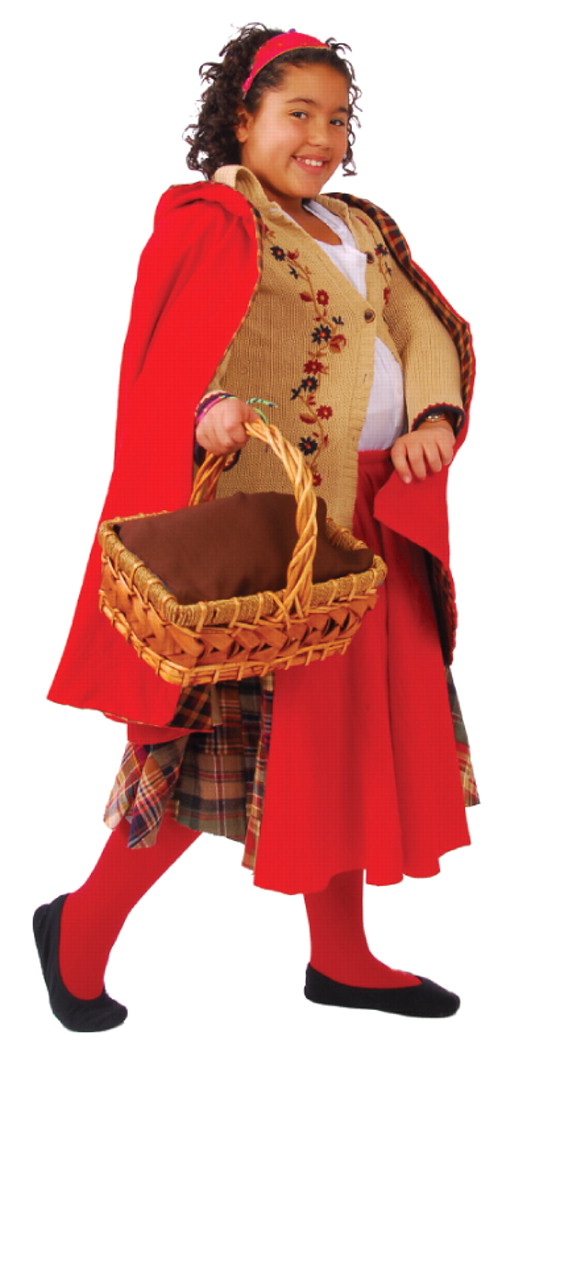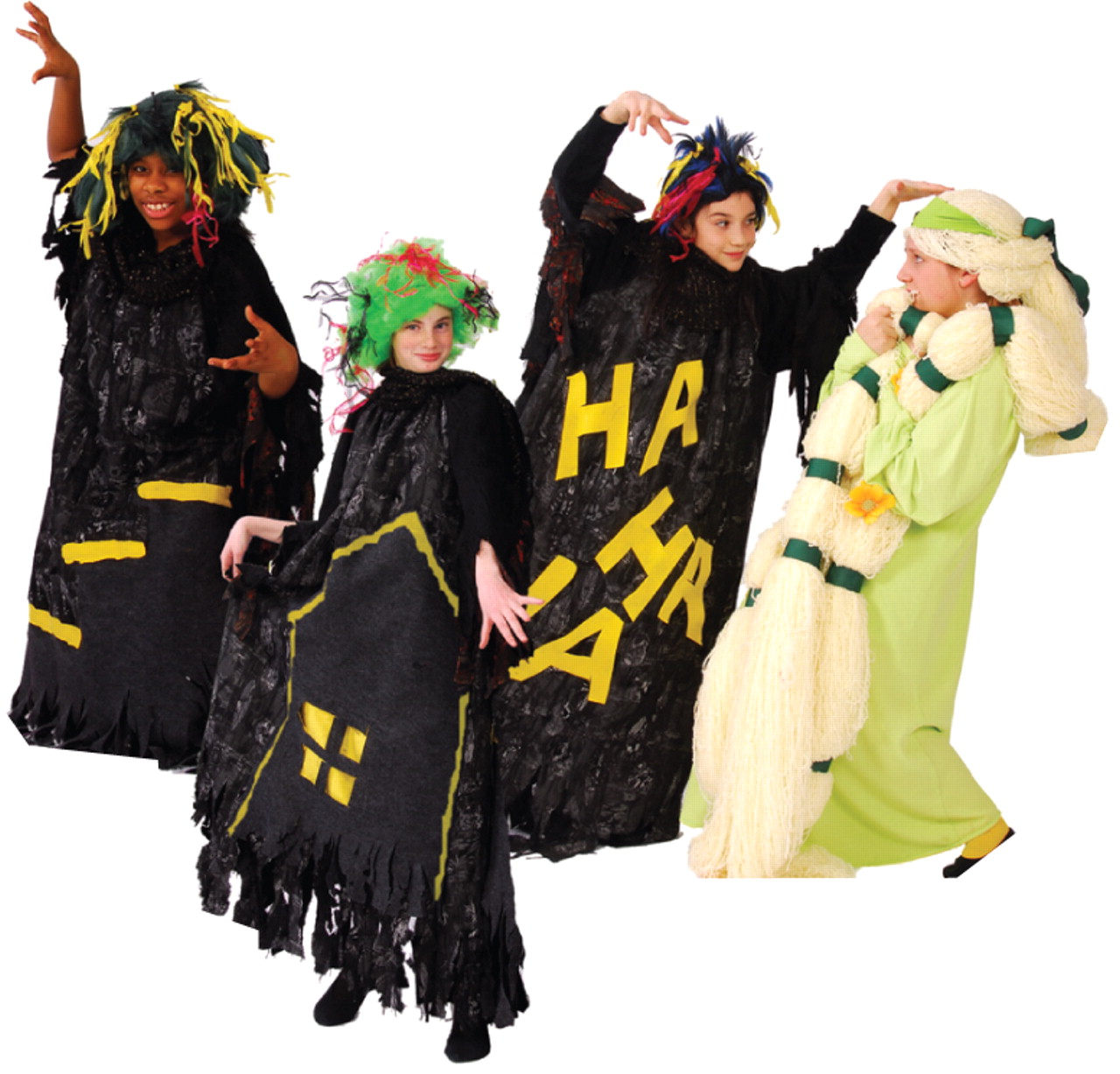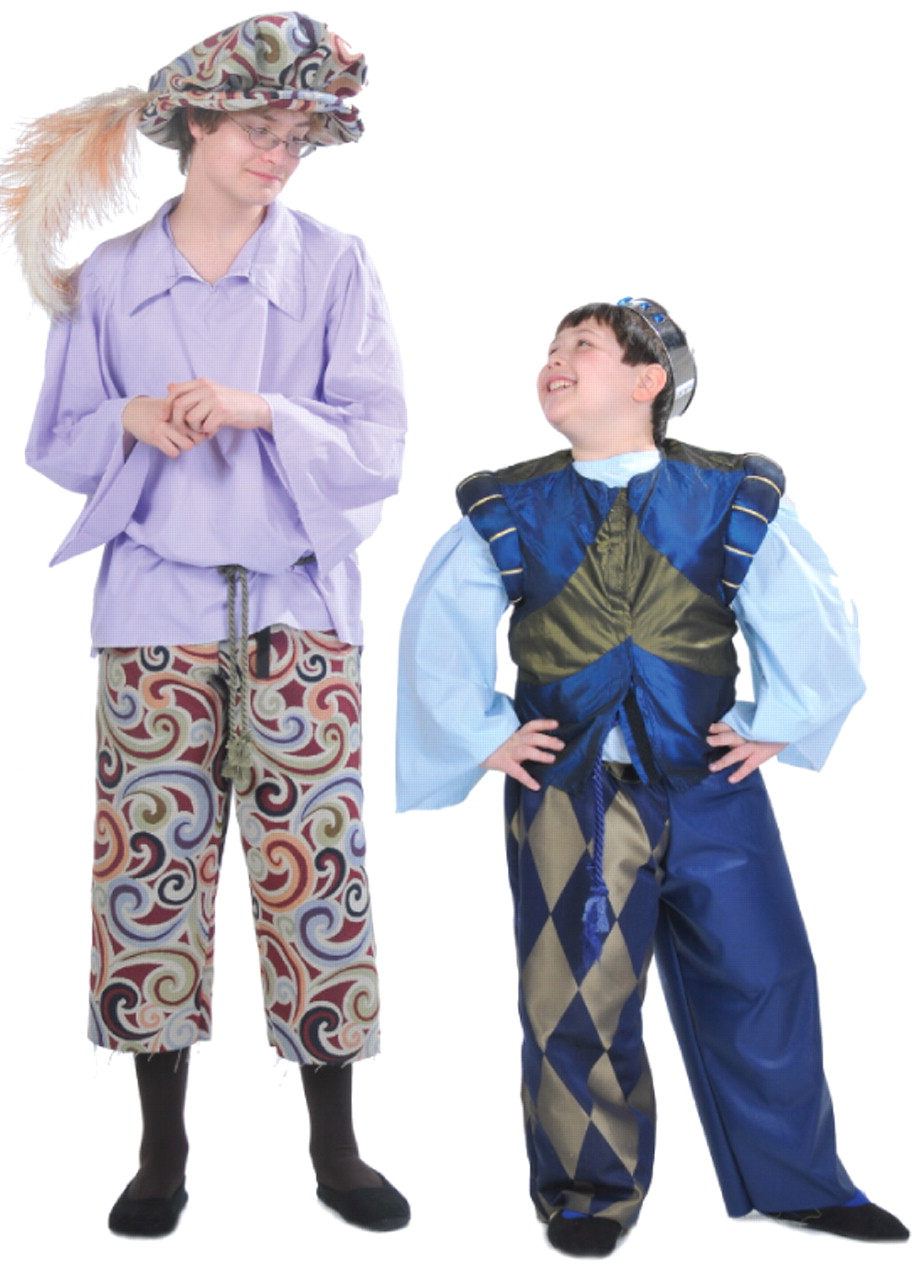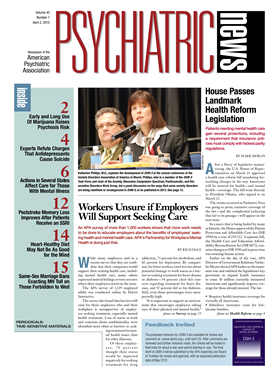“Once upon a time . . . Little Hood kept interrupting her sister, running circles around her brother, and jumping all over the house,” begins this slightly updated version of the old fairy tale.
Would that sound familiar to a child psychiatrist? Perhaps a convincing display of hyperactivity?
Writer/director Matt Jenson wants to convey just that point.
Jenson, with the help of composer/lyricist Marya Hart, developed “Fidgety Fairy Tales,” a musical that reimagines several classic fables to help explain and destigmatize the symptoms of common mental disorders to Minnesota children.
In the Fidgety versions of the tales, children with mental health disorders become the heroes.
Fairy tales have a built-in advantage for children and adults, said Jenson, who is affiliated with both the Children's Theatre Company in Minneapolis and the Minnesota Association for Children's Mental Health (MACMH).
These stories take ideas, feelings, and fears that humans share and intensify and heighten them, he said in an interview with Psychiatric News.
“There's no need to focus on the narrative, since everyone already knows the story,” he said. “So you can focus on the message and the characters.”
In first of the short plays, the hyperactive Little Hood (the “Red Riding” was dropped) gets distracted on the way to granny's house and forgets her basket of goodies by a stream.
To introduce depression, a gender-switched Sleeping Handsome is feeling hopeless and wants to sleep all the time to escape his psychic pain.
“Hansel and Gretel,” now in development, takes place after the two children return from their near-fatal encounter with the witch. Gretel has nightmares and flashbacks about the experience—a useful introduction to posttraumatic stress disorder—but her family tries to help her through it all.
“The Prince and the Pea” is constructed around the hypersensitivity to touch experienced in autism, while a paranoid Rapunzel sits isolated in her tower, thinking people are making fun of her, and is too agoraphobic to leave the safety of her fortress.
The plays are aimed both at children with the symptoms portrayed and at their classmates and siblings who often know little about the signs of mental illness. “Fidgety Fairy Tales” lets the former know they are not alone in their feelings. They learn that there is a medical explanation for their behavior and that treatments are available.
For the other youngsters, the stories take the edge off their friends' “unusual” behavior and undercut stereotypes about mental illness.
“Theater can be a springboard for conversation,” said Jeff Katzman, M.D., professor and vice chair for education and academic affairs in the Department of Psychiatry at the University of New Mexico School of Medicine. Katzman has studied acting and improvisational theater and has used drama as a therapeutic technique.
“This is a potentially enriching program,” said Katzman, who has not seen a “Fidgety Fairy Tales” production. “Theater brings to life stories we all live and opens them up for discussion—provided the presentation is handled sensitively to avoid two-dimensional portrayals that could generate stereotypes rather than reduce them.”
MACMH provides information sheets for children in the audience and activity suggestions for teachers to use before and after performances. These serve to show that children with mental disorders can not only be treated but can direct some of their symptomatic behavior into positive channels.
The production is not intended to generate referrals to clinicians, but it can lessen fear and encourage discussion.
“Children often feel that it is safer to share their feelings and observations after they see one of the performances,” said Deborah Saxhaug, M.S., executive director of MACMH, in an interview. “One mother said that for the first time she had an open conversation with her daughter, who has ADHD, about her disorder.”
The audience members are not the only ones affected by the performances, said Saxhaug. “The young actors say they learn a great deal about mental health and stigma, but they mostly report a new understanding and empathy for kids that are faced with stigma because they have a mental health disorder.”
Jenson and Hart began “Fidgety Fairy Tales” in 2008 with 10 scheduled performances in the Minneapolis-St. Paul area. Those prompted more invitations to put on the show. Groups of physicians, social workers, and educators have seen it.
Funding has come from the state arts council and from MACMH.



